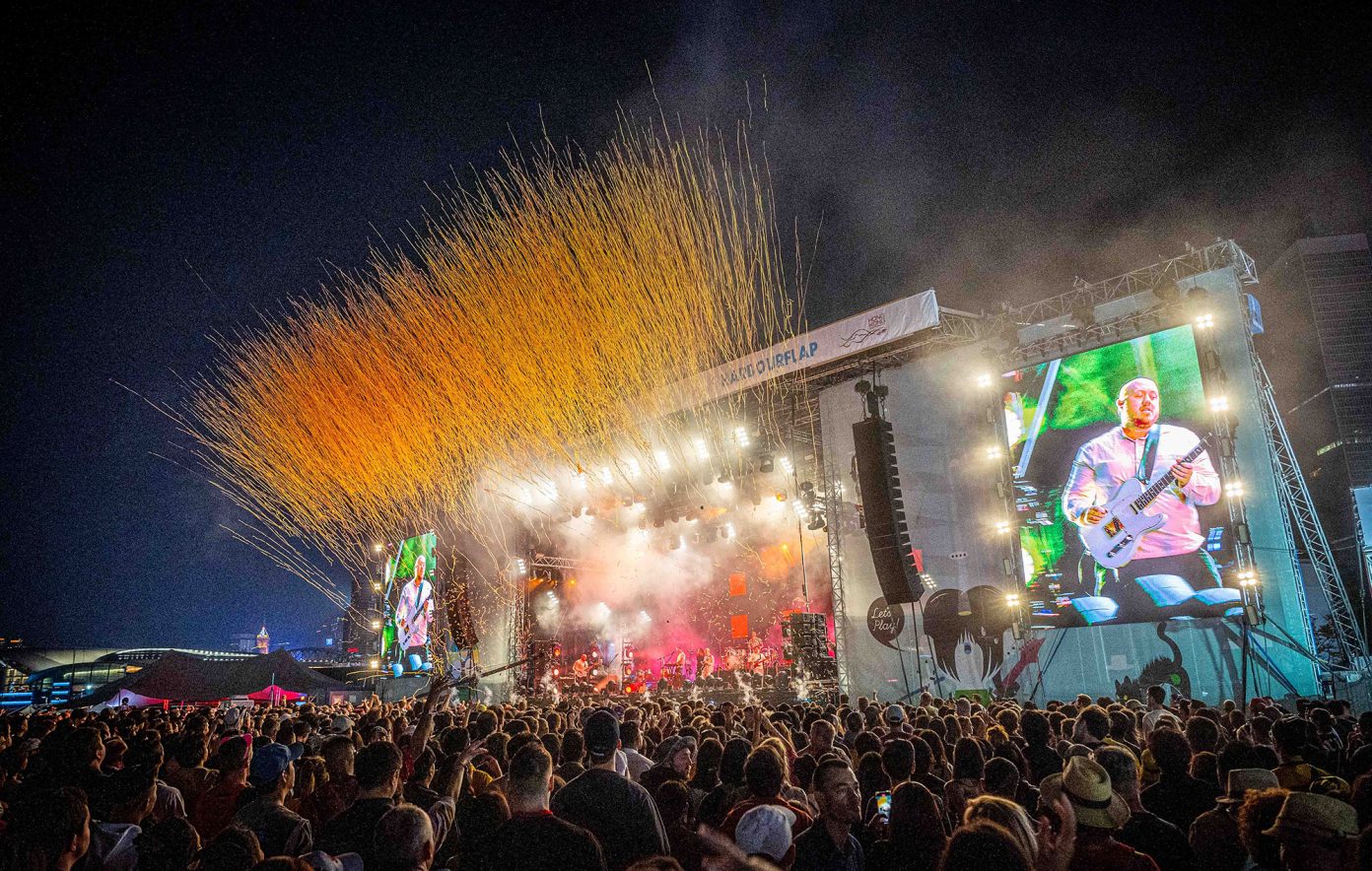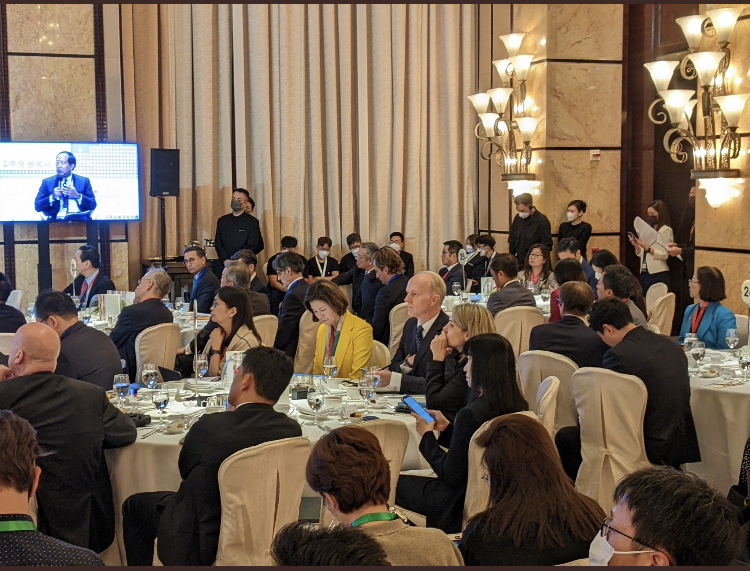
Experiential marketing continues to be one of the most important marketing mediums, accounting for approximately 20 per cent of today's marketing budgets.
How live experiences can become a holistic extension of the brand's marketing initiatives should be a critical discussion for companies. From large-scale events to interactive product installations, experiential marketing is a fundamental channel to tell a story and engage the audience at a much higher participation rate.
At Uniplan, we champion the idea of what we call “Experiential 2.0.” Essentially, we believe that in today’s market place, the physical and digital worlds are converging to create a new landscape for brand marketers and entertainers. Experiential Marketing has taken on a whole new meaning as a result, in which it is best encapsulated with the following formula: “Architecture + Content = Experience.” Uniplan believes that the key trend in the industry includes the importance of content, the critical element of audience interaction and the need to engage people on a very personalised level.
WeChat
In order to do so, it is important for brand marketers to integrate all available digital channels into the overall marketing campaign, whether it would be online blogs or even WeChat, and to send tailor-made brand messages through these mediums for a multi-platform strategy. Advertisements and other traditional marketing methods are no longer sufficient in the current digital age.
The event marketing industry in Asia has yet to engage its full potential of merging storytelling capabilities with entertainment, but the seamless merging of the two elements has grown to become ever so critical for companies to stay competitive and engage with its target audience.
An event experience needs to encompass a multi-screen environment that merges with the architecture of the space and offers branded messaging through multiple marketing and social media platforms, which all comes together to tell a branded story. Branded content infused with rich entertainment elements is now necessary for the forging of lasting brand loyalty and recognition with the key audience. Implementing this would require companies to acquire new creative perspectives and skill sets.
Strategy
The rise of content marketing has shifted the way industry professionals think about events and meetings, and it is also changing the way live experiences are designed. Experiential producers need to think more like storytellers, editors, television producers looking at events like they would a movie or television series: a long-term communication strategy with layered messaging and visuals. Branded content is becoming a core ingredient for experiential marketing.
For marketers, the ability to effectively harness the wide variety of technologies available today, and infuse that with architecture, entertainment, software, design and moving images to propagate branded content, is what decisively propels them from being simply good to absolutely brilliant.
Darren Chuckry is executive director of client services for Uniplan – a live communications agency


